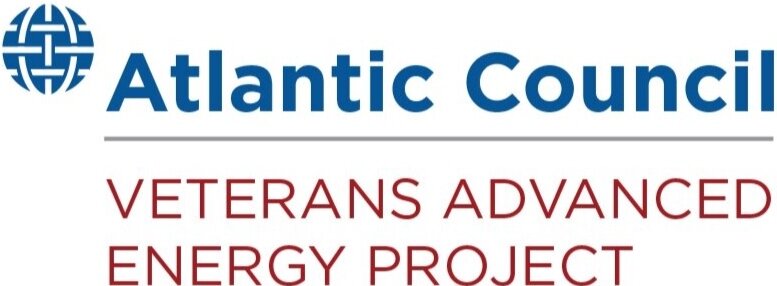Tom Wotka is a seasoned diplomat with 14 years of experience as a Foreign Service Officer in the U.S. Department of State. Throughout his career, he has shown unwavering dedication to advancing U.S. policy and has made an impactful contribution to various regions around the world.
Having been posted to Austria, Afghanistan, Cambodia, and Mexico, Tom possesses a wealth of international experience that has broadened his understanding of global affairs. His expertise lies primarily in European energy security and Ukraine, which he has focused on for the past eight years. This specialization has allowed him to develop a deep understanding of the complex dynamics surrounding energy security and energy transition throughout the whole of Europe.
Tom's professional journey began as a Marine Corps officer, where he served for 10 years. He held various roles within the Marine Corps, leaving as a major in 2005. During his time in the Marines, Tom gained valuable leadership skills and insights into military operations, serving as an artillery officer at the battery and battalion level, as well as commanding a rifle platoon. In 2004-2005, he was deployed to North Babil Province in Iraq, where he worked as an infantry battalion operations officer.
In addition to his military service, Tom holds an MBA with a concentration in finance from Washington University's Olin School of Business, demonstrating his ability to combine his expertise in international affairs with a solid foundation in business and finance. He graduated with a bachelor’s in Political Science and Criminology from Indiana University, highlighting a multidisciplinary foundation and approach to problem-solving.
Throughout his career, Tom has been recognized for his outstanding performance. He has received numerous State Department performance awards, both at the Department and bureau level, which reflect his exceptional work and dedication to his role. Furthermore, the Kingdom of Cambodia honored him with Royal Honors for his tremendous efforts in demining and eliminating explosive remnants of war.
Currently, Tom serves as the Chief of Staff for the Assistant Secretary of Energy Resources. His work primarily revolves around Ukrainian and European energy security, and also involves a focus on China strategy and securing critical mineral supply chains necessary for the energy transition.
Tom Wotka's impressive background, extensive experience, and relentless commitment to advancing U.S. policy make him an ideal candidate for the Veterans Advanced Energy Project Fellowship. His multifaceted skills, ranging from diplomacy to leadership and business acumen, position him as a valuable asset in tackling the challenges of the ever-evolving energy landscape.
If you could have any superpower, what would it be and why?
I seem to find myself in the car a lot, so it would be great and convenient (not to mention fun!) if I could just fly. I‘d save a lot of time (DC area traffic?), get a better view, and lower my carbon emissions if I could just take to the sky and fly about from here to there. It would be a great way to have fun while saving a lot of time.
What are you most excited and concerned about in advanced energy developments?
Energy security is where I spend most of my time, so the changes we’ve seen to the energy supply landscape since Russia’s full-scale invasion of Ukraine in 2022 is remarkable to me. Much of the world pivoted so quickly away from such a large supplier, in many cases accelerating the energy transition, marking a period that will be captured in history books. I also find next generation nuclear design very exciting. While still needing to be proven in the commercial marketplace, these new designs address and manage many of the weaknesses with the existing and legacy nuclear power fleet.
How did the military influence your career trajectory into energy?
Successive tours in the foreign service focusing on energy security and energy transition have enabled me to structure a focus on energy diplomacy in a career that is most often marked by variability and regional focus. My experiences as a Marine have helped greatly when it comes to operationalizing the strategies we use to advance towards our goals. The “how will we get it done” mentality I developed from my training and experiences while in uniform continues to shape my thinking and provide a notable benefit to our work.
Why is energy important to US National Security?
Security of an energy supply underpins the most fundamental aspects of our society. Today, commercial engagement, health care, government, military readiness, and transportation, to name a few, all require a reliable, predictable, affordable, and environmentally responsible supply of energy. Access to these systems supports U.S. economic standing and enhances our geopolitical stature.
Do you have advice you would like to share with other veterans?
Yes. The private sector will value your ability to think on the fly, adapt to evolving challenges, and get things done. Take a step forward and show them what you’ve got, but don’t forget that you’re operating in a new system with different values, different measures of success, and filled with people who have different base lines of experience.




